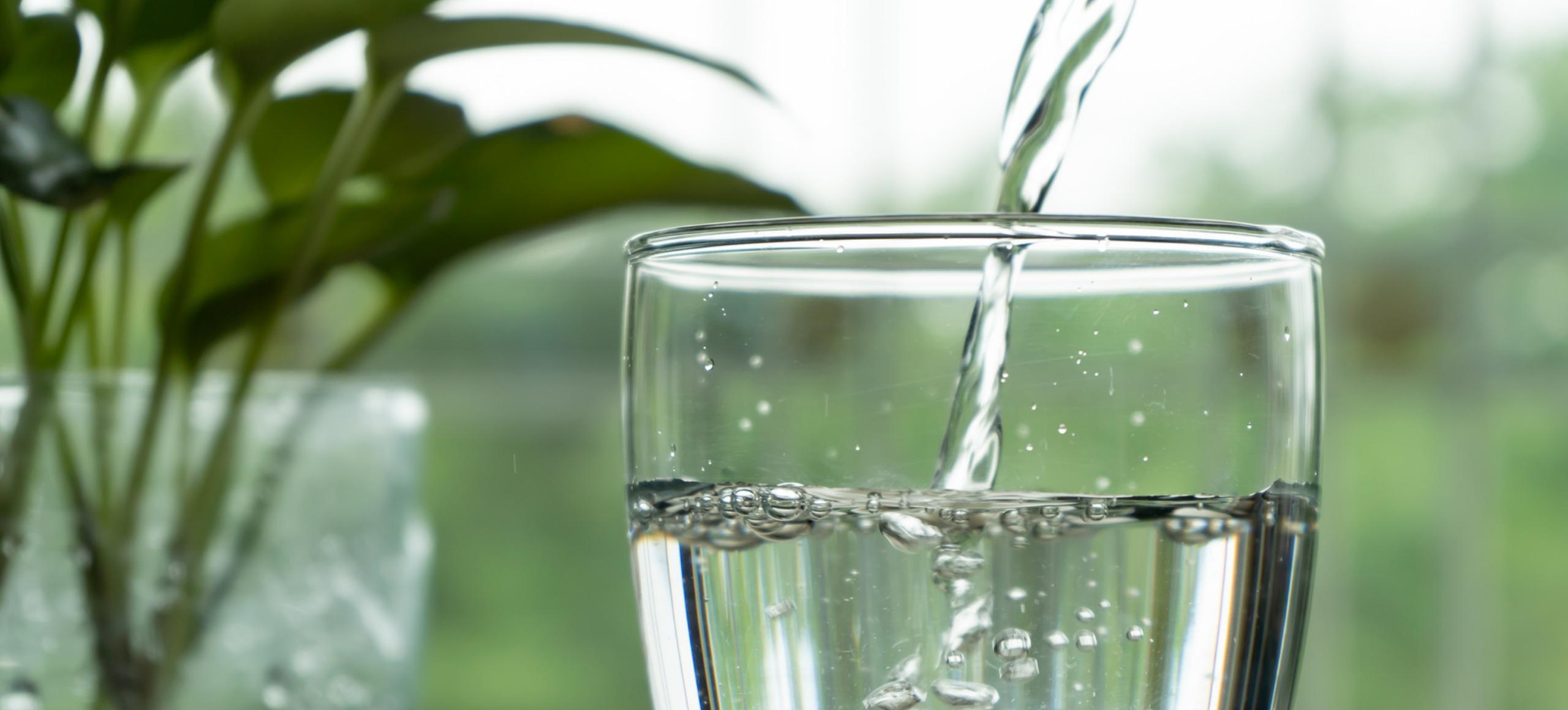

What happens to your body when you drink too much water?
You may get water poisoning or water intoxication when you drink excessive amounts of water. This is when salt levels and electrolytes are reduced in your blood. The electrolyte primarily influenced by overhydration is sodium. And when sodium levels in your body become extremely low it can cause hyponatremia which is extremely dangerous and life-threatening.
Consuming too much water can also alter brain function. This is rare but can occur when the body's cells have absorbed too much water, causing them to expand. When your brain cells swell, a lot of pressure is added which can cause headaches and confusion. If the pressure continues to increase, there is a risk of high blood pressure and low heart rate.
It doesn’t matter what type of water you consume, whether it be tap water or filtered water from a dispenser, the same effects of overhydration apply. For water consumption guidelines visit the UK's NHS guidelines.

Overhydration Symptoms
According to Healthline, common symptoms of overhydration include:
- Nausea
- Vomiting
- Headache
- Confusion or disorientation
- Clear urine
- Urinating more frequently than normal
More dangerous symptoms of overhydration when left untreated include:
- Muscle weakness
- Muscle spasms and cramps
- Unconsciousness
- Coma

Overhydration Treatment
Treatments for overhydration may include reducing your water intake and taking diuretics to increase your urine. Sometimes an underlying health condition or prescribed medication may be causing overhydration and a medical professional will need to treat this and change your medication. To treat more severe cases, the sodium lost in your body will need replacing.

Overhydration Prevention
To prevent overhydrating, you should be aware of when you need water. Feeling thirsty is your body's way of telling you that you are dehydrated and need water. For many individuals, drinking a lot of water before or after exercise is common without comprehending the potential effects that can occur. It's important to listen to your body.
During exercise, you may lose a lot of sweat which removes water and salt from your body. As discussed earlier when we lose a lot of salt and sodium, we are at risk of developing hyponatremia. When you know you have a big sports event coming up, you can look for sports drinks that contain essential electrolytes such as sodium and potassium to maintain a good balance.
You can frequently check the colour of your urine to find out how hydrated you are. Pale yellow is considered a normal colour. If it is dark, this could be an indication to drink more water. However, if your urine is clear, this could be a sign of overhydration.
If you are concerned about overhydration or are feeling unusually thirsty, contact your doctor.



